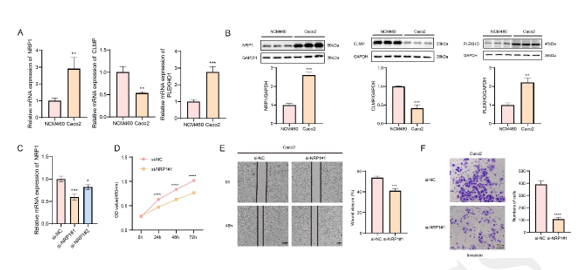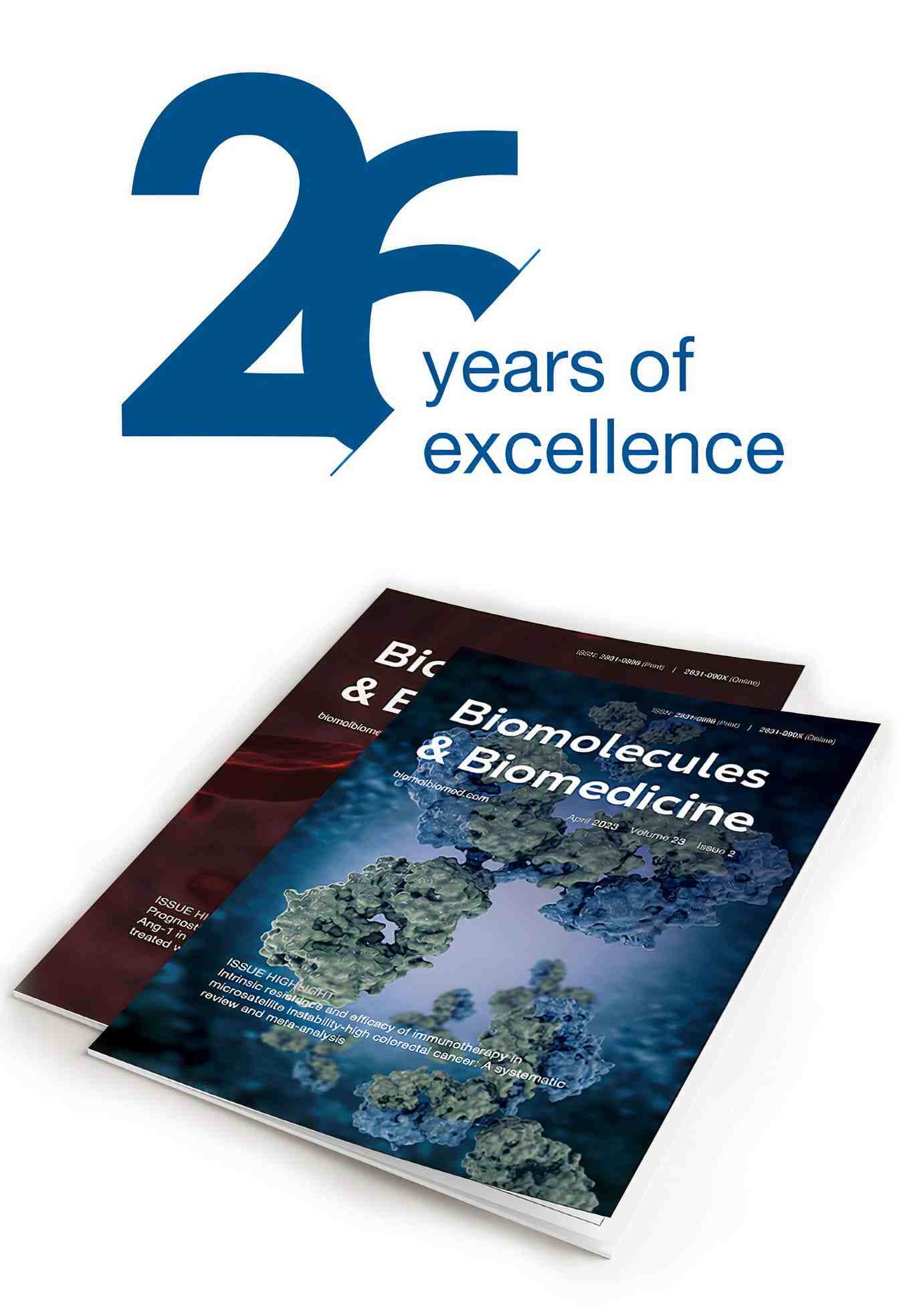Immunogenic cell death-related risk signature for tumor microenvironment profiling and prognostic prediction in colorectal cancer
DOI:
https://doi.org/10.17305/bb.2025.12028Keywords:
Colorectal cancer, CRC, drug resistance, prognostic signature, immunogenic cell death, ICD, tumor immune microenvironment, TIME, cancerAbstract
Immunogenic cell death (ICD) reshapes the tumor immune microenvironment and activates the adaptive immune response. However, the clinical significance of ICD-associated genes in colorectal cancer (CRC) remains unclear. In this study, we used weighted gene co-expression network analysis (WGCNA) to identify ICD-related gene modules. An ICD-related risk score (ICDRS) was then constructed using Cox regression modeling and LASSO analysis. Immune cell infiltration in patients with different risk levels was assessed using the ESTIMATE and ssGSEA algorithms. The OncoPredict package was employed to explore the association between the ICDRS and chemotherapy drug sensitivity. Finally, the expression levels of ICD-related genes were validated through in vitro cellular experiments. Three CRC prognostic genes—CLMP, NRP1, and PLEKHO1—were identified from a set of 34 ICD-associated genes based on WGCNA and LASSO analyses. These genes were used to construct the ICDRS model. Notably, a high ICDRS was found to be an independent predictor of poorer overall survival (OS) in CRC patients. High-risk patients also exhibited increased immune cell infiltration. Moreover, the ICDRS was significantly correlated with sensitivity to conventional chemotherapeutic drugs, suggesting its potential utility in guiding personalized chemotherapy. Cellular assays confirmed that CLMP, NRP1, and PLEKHO1 were differentially expressed between normal and cancerous cells, and that NRP1 specifically promoted the proliferation, migration, and invasion of CRC cells. In conclusion, the ICDRS may serve as a reliable predictor of CRC prognosis and offers a promising direction for the clinical management of CRC patients.
Citations
Downloads

Downloads
Additional Files
Published
Issue
Section
Categories
License
Copyright (c) 2025 Pengcheng Wang, Wei Zhao, Linghong Guo, Hailei Cao

This work is licensed under a Creative Commons Attribution 4.0 International License.









